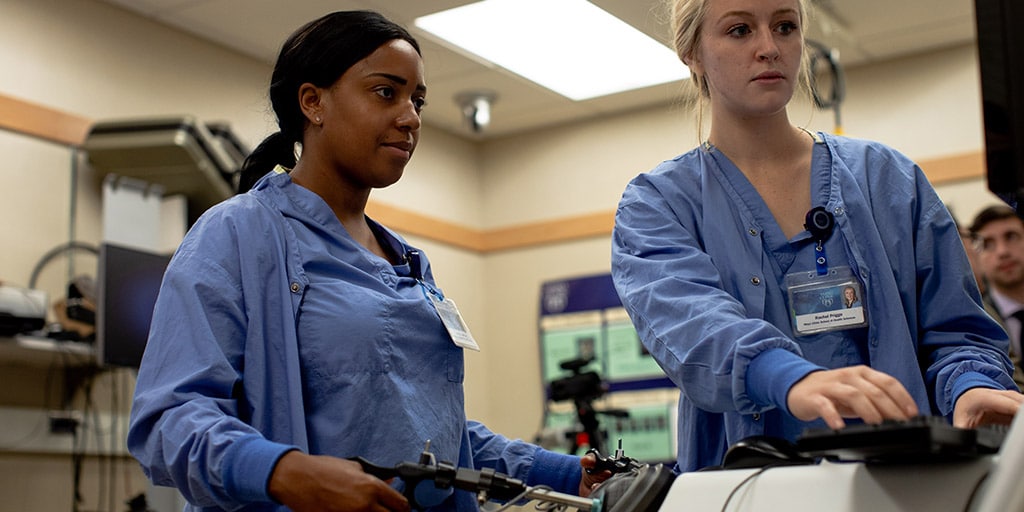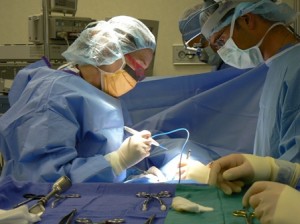

Many employers may look for surgical first assistants who are able to perform well under pressure, work efficiently with attention to detail, and are open to continuously learning about new surgical procedures and techniques. This role requires you to be on your feet for long periods of time during a shift. Surgical first assistants work daytime or evening shifts and can be on call for overnight or weekend periods on a rotating basis. Surgical first assistants most often work in hospital operating rooms, outpatient centers, or specialty clinics. Depending on the institution or hospital, a surgical first assistant may help with a variety of specialty areas including: This role is needed across virtually all types of specialty surgeries. Depending on the facility, specific duties may vary between surgical assistants, surgical technologists, and the surgical nurse. A surgical first assistant is more focused on assisting the surgeon during surgery. A surgical technologist is responsible for surgical instrumentation, management of the sterile field, and preparation of the operating room.

While similar, the surgical technologist and surgical first assistant are two distinct roles. The list above is certainly not comprehensive as the role of a surgical first assistant will vary greatly depending on the surgical procedure, specialty area, and type of facility.

Common roles and responsibilities of a surgical first assistant include: They have responsibilities before, during, and after surgical procedures. They work very closely with patients of all ages. Surgical first assistants interact with surgeons, anesthesiologists, nurses, and other health care staff. The surgical assistant performs these tasks under the direction and supervision of the surgeon and in accordance with hospital policy and appropriate laws and regulations. They are advanced allied health practitioners who provide aid in exposure, wound closure, bleeding control, and other intraoperative technical functions that help the surgeon carry out a safe operation with optimal results for the surgical patient. They anticipate the needs of the surgical team and during an operation, assist the surgeon with tasks such as selecting equipment, holding open incisions, stopping bleeding, closing the incision, among many other technical tasks.

A surgical first assistant, also referred to as a surgical assistant or simply a first assist, works in the operating room during a surgical procedure.


 0 kommentar(er)
0 kommentar(er)
